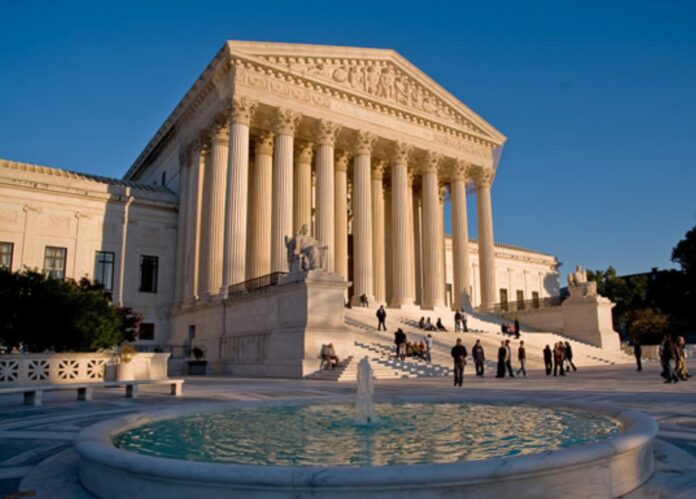South Carolina Gov. Henry McMaster moved to sever Medicaid funding from Planned Parenthood in 2018. He was immediately met with a lawsuit from a patient who cited a provision in Medicaid that allows consumers to select their own provider.
The McMaster administration argued that such lawsuits undermine the concept of state sovereignty by effectively placing decision-making power in the hands of plaintiff attorneys.
In the spring, the Supreme Court announced that it would hear Medina v. Planned Parenthood. After seven years, it has just ruled in favor of South Carolina with a 6-3 opinion divided along ideological lines.
The decision is a major win for McMaster with national implications.
“The U.S. Supreme Court absolutely got the issues right in Medina,” Attorney General Treg Taylor told Must Read Alaska. “This is a big win for states’ rights and a big loss for plaintiffs’ attorneys.”
Other states are likely to emulate South Carolina’s approach and cut off Medicaid funding to Planned Parenthood.
Critics of the court’s decision argued that patients will now be deprived of the ability to choose their providers, with little recourse after the fact. Indeed, the matter at the heart of the case was whether provider choice constitutes a kind of enforceable individual right.
It’s a debate as old as the freedom-of-choice provision, which was added to the Medicaid statute in 1967.
Congress introduced the provision amid growing concerns of provider favoritism, in which some states were attempting to essentially funnel Medicaid enrollees to select public hospitals and clinics. However, the exact meaning of the provision has always been ambiguous.
Lawsuits, like Medina v. Planned Parenthood, have been grounded in the interpretation of the provision as granting an individual right.
That is why many attempts by states to strip Planned Parenthood of Medicaid dollars have been met with armies of plaintiff attorneys. Justice Elena Kagan, one of the dissenting liberals, argued that the provision “does the same thing that the ‘rights’ languages does,” and therefore confers individual rights.
Justice Neil Gorsuch disagreed.
“Deciding whether to permit private enforcement poses delicate policy questions involving competing costs and benefits—decisions for elected representatives, not judges,” Gorsuch wrote.
If, as Gorsuch believes, the provision is merely a general directive, then states are well within their rights to strip Planned Parenthood of this funding, with discretion reserved for the Department of Health and Human Services. South Carolina pointed to lower court decisions in Texas that ruled as much.
In practical terms, the Supreme Court’s decision puts the ball back in the court of state legislatures, where Taylor says it belongs.
“States should be able to decide important policy issues surrounding the implementation of federal law, like should state Medicaid fund Planned Parenthood, without facing expensive litigation by anyone who disagrees with that policy choice.”
